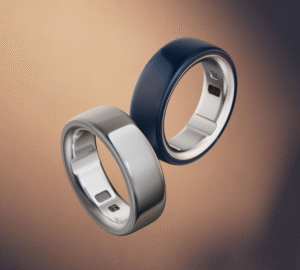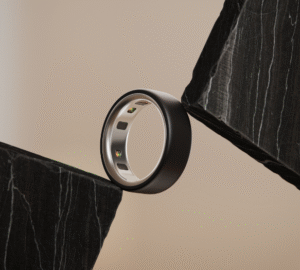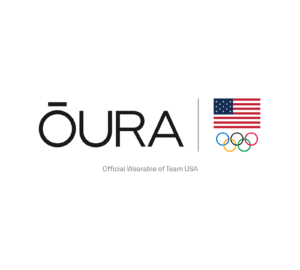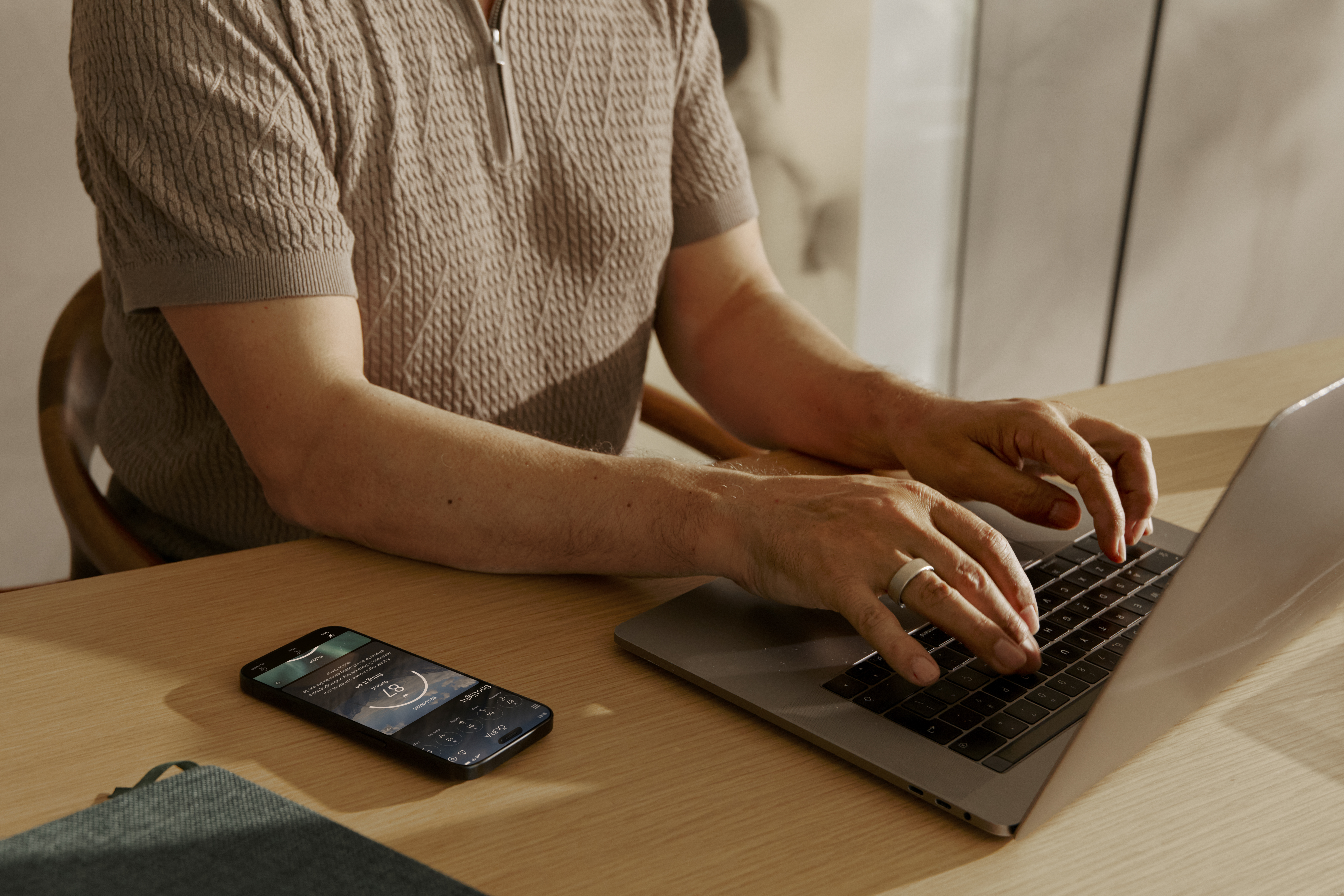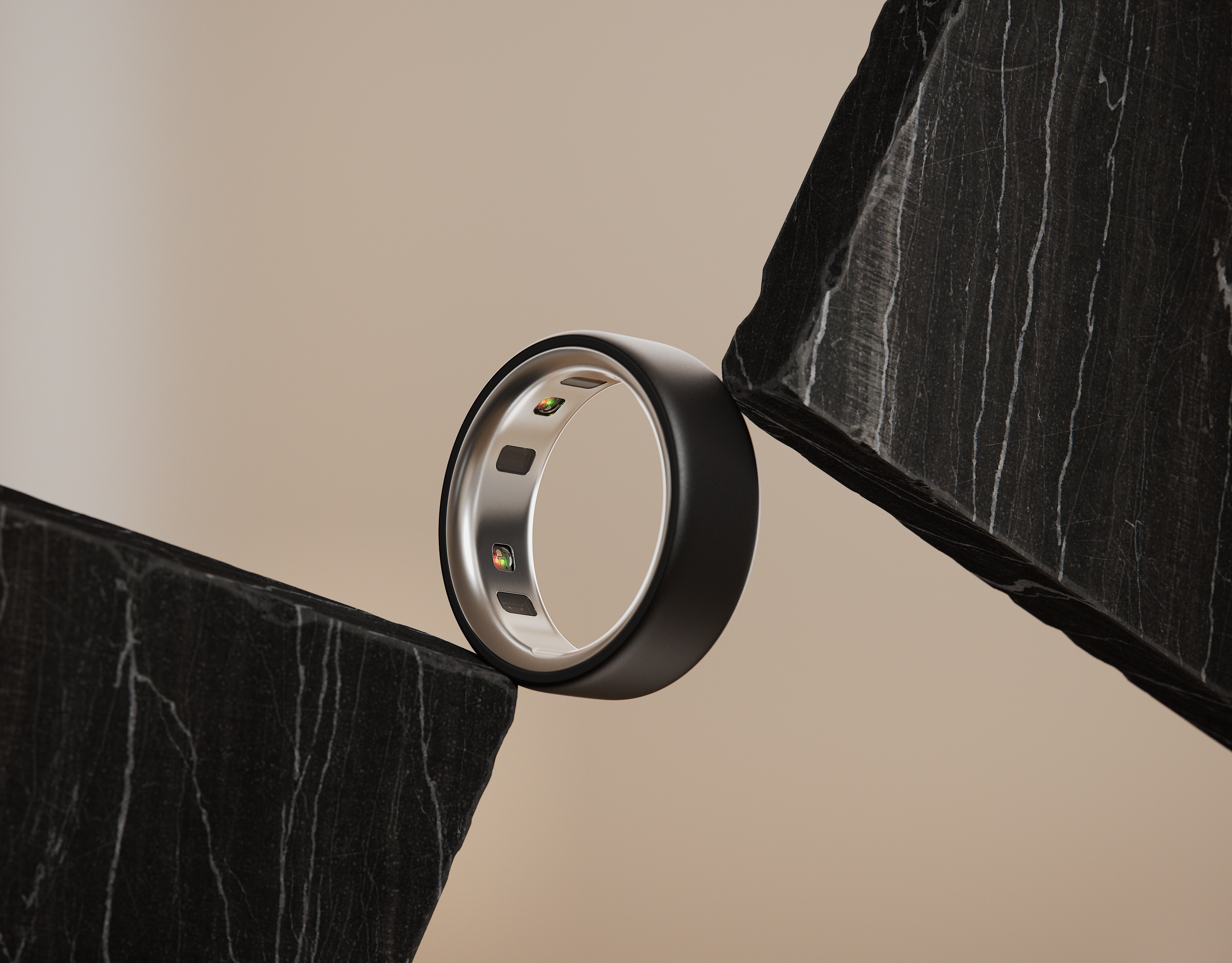AI has dominated the public’s attention in the past few months. From headlines to keynote speeches to investment pitches, AI is ubiquitous, expected to reshape everything from consumer products to business workflows to everyday tasks and entire industries.
The scale and pace of the transformation is breathtaking. The rapid adoption of generative AI (300M weekly active users of ChatGPT) and the frenzy of innovation and investment in it (just look at NVIDIA’s market capitalization) signals a tectonic shift in consumer behavior, the power dynamics of Big Tech and the technology foundations of the products and services we use every day. The impact of AI can be framed as a 10X on human productivity or the latest phase in the fourth industrial revolution, or both.
It would be easy to assume that the AI revolution is a recent phenomenon—and there’s some truth to that. But AI researchers have been working for decades, building the foundations of AI; neural networks, expert systems, big data, deep learning, unsupervised learning, and natural language processing, along with a few “AI winters,” all precede this current moment of unbridled optimism. Fueled by massive scale of data, processing power, low-cost storage, and hundreds of other advances, generative AI emerged, revolutionizing the way we engage with technology in our daily lives.
The experience matters for ŌURA
From the beginning of our decade-long journey, AI and machine learning have been essential to our mission to make health a daily practice. While we have been using machine learning and neural networks to power sensing and health insights before it became fashionable to stick “AI-powered” on the front of the box, we’ve never made a big fuss about it. Our philosophy is that technology should “just work.” To paraphrase Arthur C. Clarke, advanced technology should feel like magic.
That’s because our mission is not about technology—it’s about the tangible ways we’re improving our members’ lives: helping them sleep better, move their bodies more, find balance, develop healthy habits, and provide insights and learning, all in service of enabling a unique individual to discover what works for them. We love new technology, but tech for tech’s sake is not the goal; making a positive impact is. We want to give every body a voice.
If you have ever used Oura Ring, you have already experienced how AI-powered algorithms are used to help you tune into your life. To me, when Oura gets it right, it does feel like magic. I vividly remember when Oura suggested “dancing” with Automatic Activity Detection (AAD) after a night at a wedding and “pickleball” the first time I ever played the game. I’ve spoken to members who save and share screenshots of their Oura App on critical days of their life: when they first learned they were pregnant, Oura exhorting them to “bring it on” the morning before an NBA championship game, or their stress graph at the moment they received life-changing news. New generations of AI allow Oura to be even better at detecting, predicting, and proactively communicating meaningful changes in your health—whether Oura is delivering insights about your sleep last night or warning you when you might be getting sick.
Over the years, we’ve been intentional and proactive about iterating on our AI-powered algorithms to reflect the latest technology, like introducing a new Sleep staging algorithm 2.0 in 2022. With a massive sleep dataset with gold-standard reference data and the improvements enabled by multiple input metrics, it was clear that the new algorithm was more accurate. This highlights a key truth about AI: the best training data produces the best results. That’s why we invest millions of dollars in research and time to make our neural network AI algorithms as accurate as possible across the widest span of humanity.
In talking to members about our AI-powered Oura Advisor, I’ve heard similar stories of surprise. Like when a member told me that he loved that Oura Advisor continually reminded him to take a walk with his dog, Jackson. (And yes, he does have a dog, and his dog IS named Jackson) Or when we heard from members who used our earliest iteration that they felt so strongly attached to their Oura Advisor, they wanted to give it a personal name. Whenever Oura Advisor references my busy travel schedule (which it does often), I feel like Oura knows me. One thing I will say about large language models, they are infinitely patient—a stellar quality in a coach, friend, or advisor.
It’s early days yet, but you can see where we are headed: everyone already has a supercomputer in their pocket, everyone should have a wearable monitoring health data, and an algorithmic intelligence should be watching over you with the goal of supporting you in living a long and healthy life, leveraging the best science and the latest medical knowledge. And it should be tuned to you and your unique physiology, genetics, history, health status, age, gender, and habits. It’s a big vision. We have much to do to make it a reality, but we must start from a strong foundation.
Building a foundation for the future of Human Care
With AI advancing faster than ever, we are compelled to take a clear stance on how AI technology can and should be used. Our commitment is to harness AI responsibly, ensuring that Oura empowers you with trustworthy, actionable insights that put you and your health first.
AI is a remarkable step forward in technology, but it’s not a panacea. More importantly, technology alone isn’t enough; we believe well-being is rooted in compassion and connection. Because the future we imagine isn’t driven by just innovation and technology, our vision is guided by care, community, and the fundamental values that make Oura who we are. We are human first. We earn trust. We aim higher.
We believe in a balanced approach because it is in our DNA. That approach combines the best of engineering, science, and design—and, yes, AI—to create real, meaningful impact. AI’s power comes from being integrated with years of trusted, accurate data, a strong commitment to privacy, rigorous science, and human expertise. Here’s why:
- AI is only as good as the data behind it. The effectiveness of AI depends on the quality of the data that feeds it. At Oura, we have more than a decade’s worth of high-fidelity data from millions of members, providing rich, high-quality input. This deep, diverse data allows our AI algorithms to understand your unique health patterns.
- Privacy and security are non-negotiable. In today’s digital world, protecting your privacy is more important than ever. While AI presents incredible opportunities, it also raises important questions about data privacy. At Oura, safeguarding your sensitive data through encryption and anonymization is a top priority. Our vision is what we refer to as “private AI,” where AI insights are processed and generated on-device. This execution will help protect privacy and enable more personalized experiences and care: imagine a model trained on your data, the N-of-1 AI that is optimized for you, rooted in the strong privacy, security, and encryption on a computing device that is owned by you.
- AI insights require context to have meaning. When we think about a device you wear 24/7 that measures advanced biometrics consistently throughout the day for months—even years on end—that’s a lot of data. Collecting data is necessary but insufficient; it’s how we analyze and make sense of that data that makes the difference.
- AI will augment, not replace, human care. One of the most common arguments I hear against AI is the idea that it diminishes our humanity. I will go out on a limb here: AI will not replace the compassion that defines genuine human care. But increasingly powerful algorithms will enhance human expertise, analyze complex data, spot patterns, and identify insights far faster and more effectively than any human could alone. By pairing AI’s capabilities with continuous data from a wearable like Oura Ring, we see a future where caregivers and their clinicians gain a deeper understanding of an individual’s health, enabling more effective, more personalized, more proactive care. And most importantly, people can better care for themselves.
A healthcare executive from our partner, Essence Health, framed it this way: we simply do not have enough trained caregivers and clinicians. In the US, we have roughly 500 million hours of care per year from the ~270K doctors providing primary care. That is approximately 1.5 hours of care per person per year, on average, but we all know that care is not equally distributed. According to the American Association of Medical Colleges, the situation is not getting better. Outside the US, the situation is far worse. AI has the potential to solve this problem but must get the foundation right.
That’s why Oura has invested in complying with the rules of HIPAA. It’s why we partner with world-class research institutions. It’s why we have 25 PhDs doing research and teams supporting large-scale studies. It’s why our AI investment and team have tripled in size over the last year. It’s why every Oura employee wakes up in the morning motivated to make a difference. But we cannot do it all by ourselves.
Technology leadership for AI at the edge
One of our partners is webAI, an innovative AI technology company that delivers a platform for intelligence to operate securely, scale autonomously, and evolve with users’ needs. While some processes, like population-level algorithms or complex model training, may leverage cloud or hybrid architectures, their platform dynamically optimizes workloads across the edge and the cloud. This flexibility ensures that each task runs where it makes the most sense. To optimize for privacy, performance, and user experience, in the future, we aim to maximize processing on-device. Of course, not every AI-powered process or feature will move to the edge, and it will not happen all at once. With privacy at the forefront, we will iterate and evolve along with the rapidly developing technology.
Getting the foundation right means that Oura can focus on our strengths: accuracy, AI-driven algorithm development, science, and a human-first user experience.
Our vision of private AI is already taking shape, and we are excited about a future enabled by cutting-edge AI technology and our deep knowledge of human health. Imagine Oura’s AI-powered future:
- A health assistant in your pocket that enables individuals to be the CEOs of their own health journey, enabling healthy habits that can mitigate the risk of more serious conditions over time.
- Clinical support for care teams that collects and summarizes patient information helps to manage aftercare, and supports a patient in between care visits.
- An advisor for chronic care management that understands a patient’s individual biometrics, provides compassionate guidance, and helps to identify triggers, manage symptoms, and support long-term well-being for those with chronic diseases.
- A performance coach that can adapt and adjust to changes over time, modify support for schedule changes, illness, or injury, and scale to support populations accessibly and affordably.
Alan Kay famously said, “The best way to predict the future is to invent it.” That is the Oura journey. We do things the Oura way, not the way everyone else does.
To our employees who are building Oura and features like Advisor, Symptom Radar, Meals, and Insights, thank you. I am grateful every day for your important work. To our partners: thank you for joining us, enabling us, and supporting us.
Most importantly, thank you to our members. Your trust and support are what make this journey possible. We are inspired by the community that drives us forward. Together, we are shaping the future of health—powered by AI, guided by privacy, and driven by a commitment to human well-being.
Onward,
Tom







